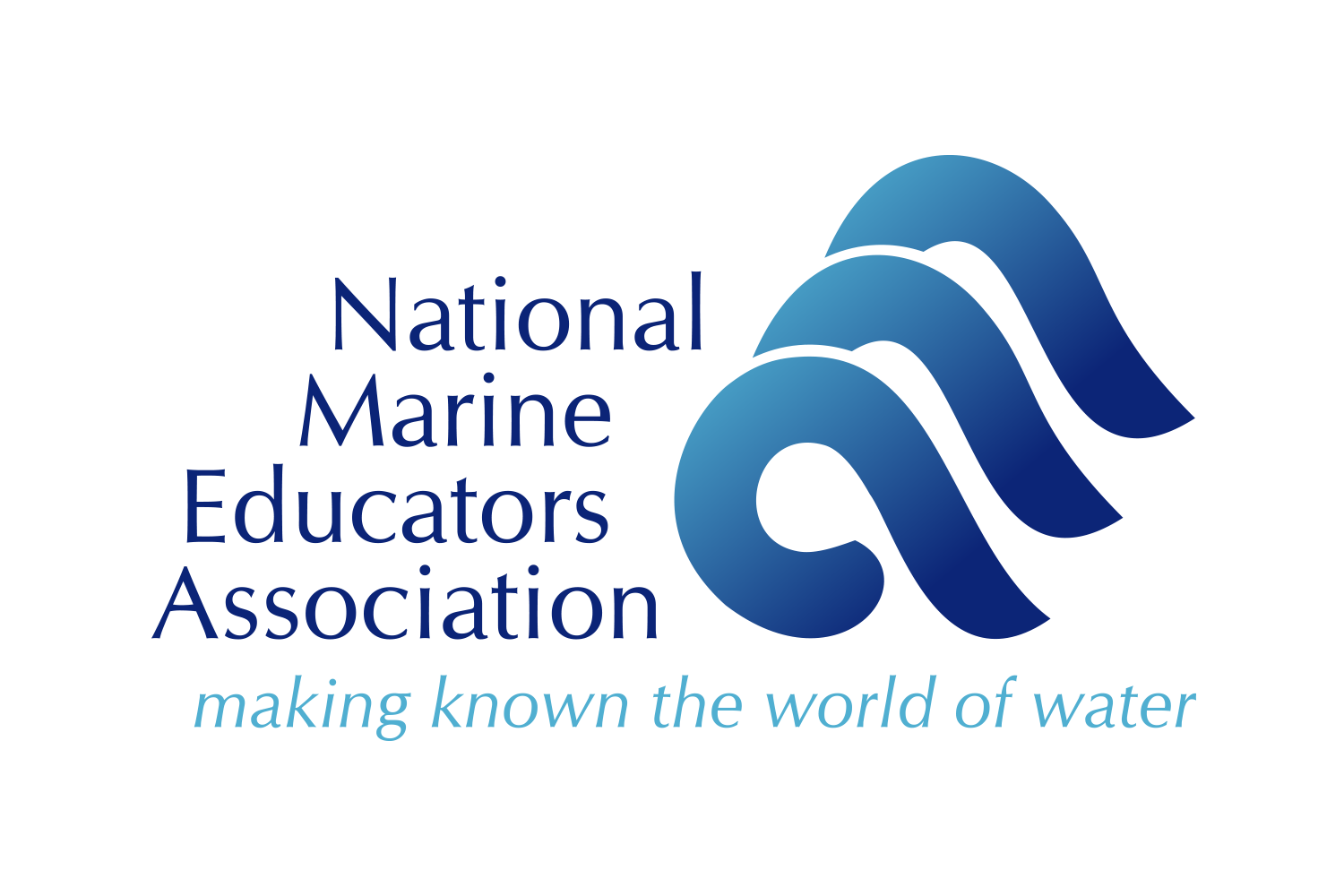Traditional Knowledge Gains Recognition by Ocean Observing Community
By Sylvia Spalding, Traditional Knowledge Committee co-chair
Indigenous delegates at Ocean Obs ’19 stressed the importance of protocol to open and close meetings and to ask for, share and use traditional knowledge. Pictured are Indigenous delegates from Nova Scotia to Aotearora (New Zealand) at the opening of the conference with the traditional Hawaiian blowing of the pū (conch shell).
The ocean observation community held its third decennial conference on July 16-20, 2019, in Honolulu. Ocean Obs ’19 was the first to proactively include indigenous representatives as well as scientists, manufacturers of observation instruments and policymakers globally. Approximately 1,500 persons, including nearly one hundred indigenous members, attended the event, which culminated in a conference declaration on how ocean observation should move forward the next 10 years as well as a supplemental indigenous declaration. Both are available online at oceanobs19.net/statement/.
The Aha Honua indigenous declaration was presented to Vladimir Ryabinin, the executive secretary of the UN Intergovernmental Oceanographic Commission (2nd from right), during the morning plenary on the closing day. The ceremony included native protocols of gift exchanges (paddle, cedar hat, maile lei) and chanting. Pictured (from left) are Native Hawaiian delegates Keeaumoku Kapu, Charles Ka'ai'ai and Council Executive Director Kitty M. Simonds and (on far right) Canadian Indigenous delegate Ken Paul.
The indigenous declaration, entitled Aha Honua, calls on the ocean observing community to formally recognize the traditional knowledge of Indigenous peoples worldwide as well as the articles within the United Nation (UN) Declaration on the Rights of Indigenous Peoples. It asks the ocean observing community to establish meaningful partnerships with Indigenous communities, organizations and Nations to learn and respect each other’s ways of knowing; negotiate paths to design, develop and carry out ocean observing initiatives; and share responsibility and resources. In the Aha Honua, the Indigenous community commits to working with the ocean observing community to advance the UN Sustainable Development Goals and the goals of the UN Decade of Ocean Science for Sustainable Development. That decade runs from 2021 to 2030 and is currently in the preparatory phase. See oceandecade.org for more.
Protocol for asking, receiving and using traditional knowledge developed as an outcome of a 2006 conference of traditional Native Hawaiian practitioners and educators convened by the Western Pacific Regional Fishery Management Council in Honolulu.
The indigenous presence at the conference made an impact, and several researchers have reached out on how they can contact indigenous communities where they plan to do research as well as how they can include indigenous observation in their grant proposals. The indigenous participants stressed the importance of proper protocol for asking, receiving and using traditional knowledge. An example is the protocol developed as an outcome of a 2006 conference of traditional Native Hawaiian practitioners and educators convened by the Western Pacific Regional Fishery Management Council in Honolulu (featured in Current: the Journal of Marine Education Vol. 24, Num. 2, 2008, a Special Issue featuring Ho'ohanohano I Na Kupuna Puwalu and International Pacific Marine Educators Conference). Copies of the protocol were shared with conference participants and can be found online at http://www.wpcouncil.org/educational-resources/education-library/.
The Council, Ocean Networks Canada, Pacific Integrated Ocean Observing System, First Stewards and others involved in the Indigenous activities at Ocean Obs ’19 have been working by teleconference since the conference to further the Aha Honua declaration. A report and video featuring the Indigenous delegates and their activities at the conference will be released in early 2020.


